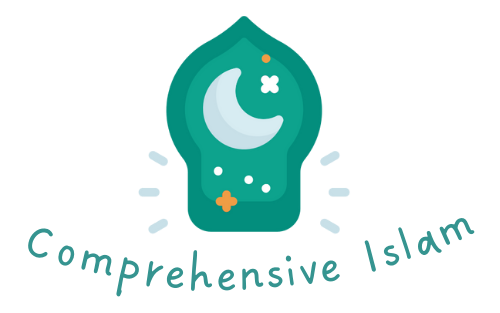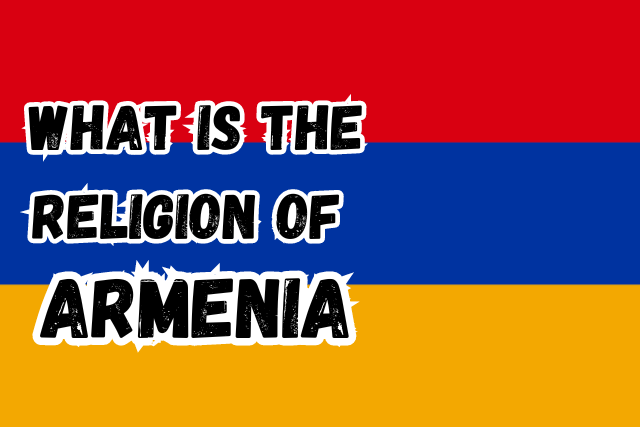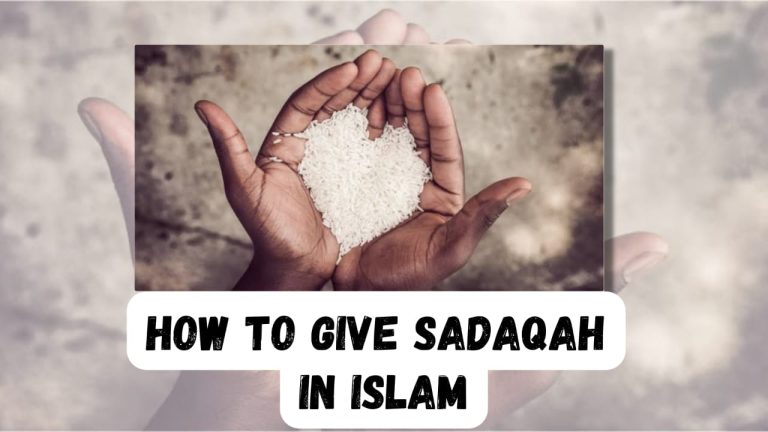What is Zina in Islam: Uncovering the Dark Side of Illicit Sexual Activities
Welcome to our comprehensive guide on Zina in Islam. In this article, we will delve into the concept of Zina, its significance in Islamic teachings, and its moral and ethical implications. Zina refers to unlawful sexual acts and is considered a major sin in Islam. By understanding the Quranic verses and Hadiths related to Zina, we aim to provide you with a deeper insight into this important topic.
We will explore the severity of Zina, the various types and degrees of Zina, the punishments associated with it, seeking repentance, the impact of Zina on society, and more. Let us embark on this journey to broaden our understanding of Zina in Islam.
What is Zina?
Zina comes from the Arabic word for “to fornicate” or “to commit adultery,” in Islam, it refers to a wide range of sexual acts that are against the law. It covers any sexual activity that isn’t part of a legal marriage. In Islamic teachings, Zina is a very bad thing to do because it goes against Allah’s moral and social rules. It hurts the value of marriage, the family, and the social fabric of the society.
Ways of Zina
Zina can show up in many ways, such as cheating (Zina al-Zawj), fornication (Zina al-Batin), homosexuality, and other similar acts. It’s important to remember that Islam puts a lot of weight on a person’s purity and innocence, supporting modesty and self-control to protect against Zina. Understanding the idea of Zina is important if you want to live a good life and uphold the ideals of Islam.
Quranic Verses and Hadiths related to Zina
The Quran, the holy book of Islam, and the Hadiths, the sayings and actions of Prophet Muhammad (peace be upon him), provide guidance and teachings on Zina. Several Quranic verses explicitly mention the gravity of Zina and emphasize its prohibition.
For instance, Surah An-Nur (24:2-3) states, “The [unmarried] woman or [unmarried] man found guilty of sexual intercourse – lash each one of them with a hundred lashes.”
Similarly, Surah Al-Isra urges believers to refrain from Zina, stating, “And do not approach unlawful sexual intercourse. Indeed, it is ever an immorality and is evil as a way.”
Hadiths further reinforce the prohibition of Zina and emphasize the consequences and punishments associated with it. These sacred texts serve as a moral compass for Muslims, guiding them toward a righteous path and encouraging them to avoid Zina and its temptations.
The Severity of Zina in Islamic Teachings
In the Islamic moral and ethical framework, Zina is a severe sin with serious consequences. Zina goes against the teachings of Islam, which stress the importance of spiritual, mental, and physical purity. Zina harms society as a whole because it undermines the institution of marriage and causes domestic strife.
It’s an act of trust that weakens societies and undermines moral standards. In Islam, committing Zina is seen as a major sin against Allah that might have eternal consequences. Zina is a sin that can damage a person’s spiritual health by fostering feelings of regret, guilt, and separation from Allah.
Types and Degrees of Zina
In Islamic teachings, Zina refers to a wide range of sexual offenses. In Islam, having sexual contact with someone other than one’s spouse is considered adultery (Zina al-Zawj).
In contrast, fornication (Zina al-Batin) refers to sexual activity between unmarried people. Zina encompasses not only homosexuality but also incest and other sexual misconduct.
Zina al-Kubra and Zina al-Saghira
According to Islamic law, there are two levels of Zina: minor Zina (Zina al-Saghira) and major Zina (Zina al-Kubra). While adultery and fornication fall under “Zina al-Kubra,” “Zina al-Saghira” refers to less serious sexual misconduct. Zina’s punishment is scaled to the gravity of the offense and the proof at hand.
To fully grasp the gravity of these deeds and their repercussions in Islam, it is necessary to identify and comprehend Zina’s various forms and degrees.
Punishment of Zina for Married and Unmarried People
Hudud, the Islamic legal system’s system of prescribed punishments, includes severe penalties for the crime of Zina. Punishments for Zina depend on several variables, such as the strength of the evidence and whether or not the perpetrators are married.
Zina al-Zawj (adultery) is punishable by death by stoning for married people if proven through rigorous evidence procedures.
In contrast, unmarried people who commit Zina al-Batin (fornication) face a punishment of one hundred lashes. Note, however, that these sanctions are not carried out without due process and require strict respect to established norms of procedure and evidence.
Seeking Repentance from Zina
Those who have committed Zina can find a method to repent and seek forgiveness in Islam. Tawbah, the Islamic term for repentance, is fundamental to the religion’s teachings since it facilitates a person’s return to Allah for forgiveness. To receive forgiveness from Zina, one must admit guilt, experience regret, and commit firmly to change.
To truly repent, one must have a change of heart and choose to live a good life in the future. Sincere prayer to Allah and other acts of worship, such as the Salah (prayer), can help purify one’s soul and are necessary for receiving Allah’s forgiveness.
Zina and Society
Individuals, families, and communities are all touched by Zina’s far-reaching effects. Islamic teachings stress the value of moral rectitude in all aspects of life, including private and public. By not participating in Zina, people help maintain the integrity of marriage and the family unit, which are essential to the functioning of any civil society.
Educating people about the harms of Zina, giving them resources to cope with difficult situations, and encouraging healthy relationships based on mutual respect and consent are all things that Islam advocates.
Modesty in attire and conduct is encouraged by Islamic beliefs because it fosters an environment of decency and respect. Through the dissemination of constructive morals and practices,
Together, communities can eliminate the practice of Zina, safeguard the most vulnerable members of society, and foster an Islamic society.
Frequently Asked Questions
Is Zina limited to physical acts of adultery and fornication?
Zina encompasses a range of unlawful sexual acts, including adultery and fornication, as well as other related behaviors.
What is the punishment for Zina in Islamic law?
The punishments for Zina in Islamic law vary depending on the evidence and marital status, with stoning and lashes being potential penalties.
Can individuals repent and seek forgiveness for committing Zina?
Yes, Islam encourages individuals to sincerely repent, seek forgiveness from Allah, and commit to leading righteous life.
How can society prevent instances of Zina?
Society can prevent Zina by promoting awareness, and education, supporting healthy relationships, and fostering an environment that upholds modesty and respect.
Are there any exceptions or special circumstances in the punishment for Zina?
Islamic law recognizes the importance of procedural safeguards and evidentiary standards in implementing punishments, ensuring justice and mercy.
Is Zina only prohibited in Islam?
Zina is prohibited in Islam, but similar prohibitions exist in other religious and moral frameworks.
What role does modesty play in preventing Zina?
Modesty in behavior and dress helps create an environment of decency and respect, reducing the chances of engaging in Zina.
How does Zina impact individuals and society?
Zina can harm individuals, families, and society, causing moral decay, relationship breakdowns, and societal disharmony.
What resources are available for individuals seeking support in avoiding Zina?
Islamic communities provide resources such as counseling, education, and support groups to assist individuals in avoiding Zina and upholding Islamic values.
Conclusion
In conclusion, those who aspire to live a moral life must have a firm grasp of the Islamic concept of Zina. In Islam, Zina describes sexual actions that are against the law. The verses and hadiths in the Quran and elsewhere that deal with Zina shed light on why it is forbidden and how serious the consequences can be. Understanding the range of Zina and its various manifestations is crucial for grasping the full scope of its devastating effects.
In addition, knowing the penalties linked with Zina stresses the value of moral behavior. Seeking forgiveness and spiritual development from Zina through repentance is possible. We can all do our part to stop Zina and build a community guided by Islamic values by spreading the word about the evils of the practice and the need for education and awareness.






